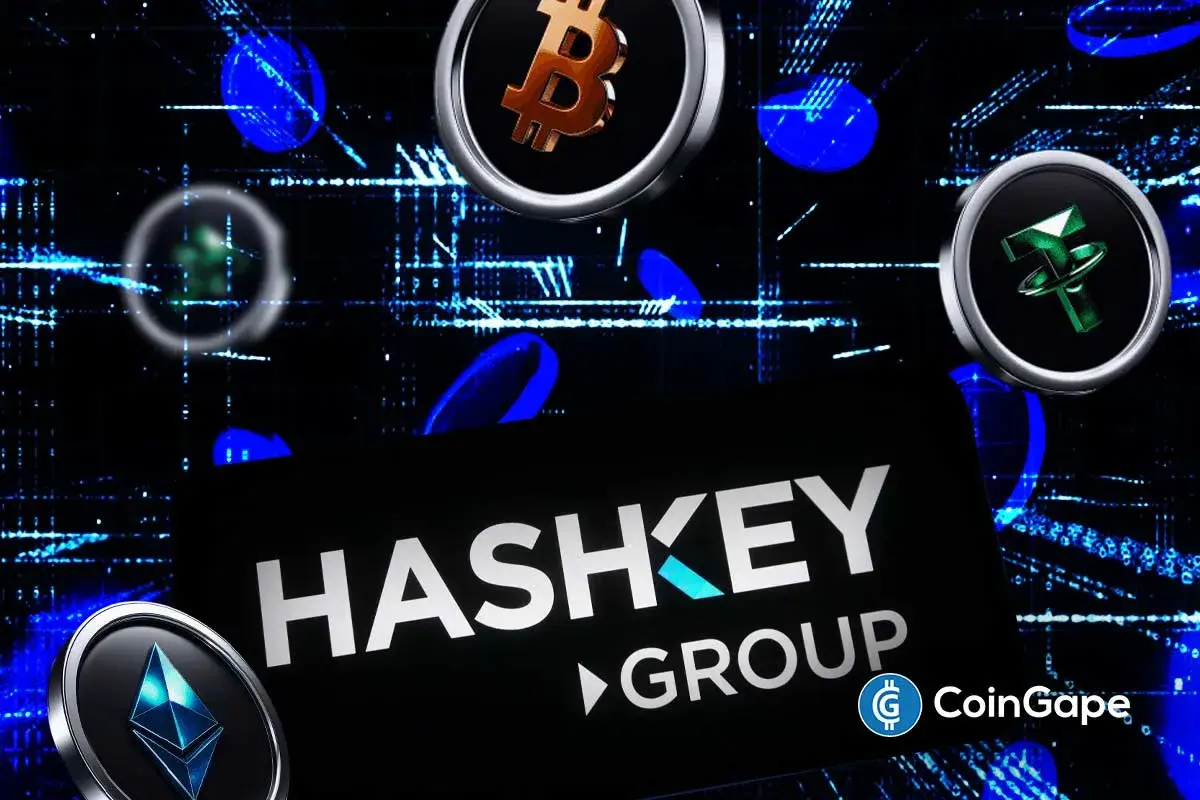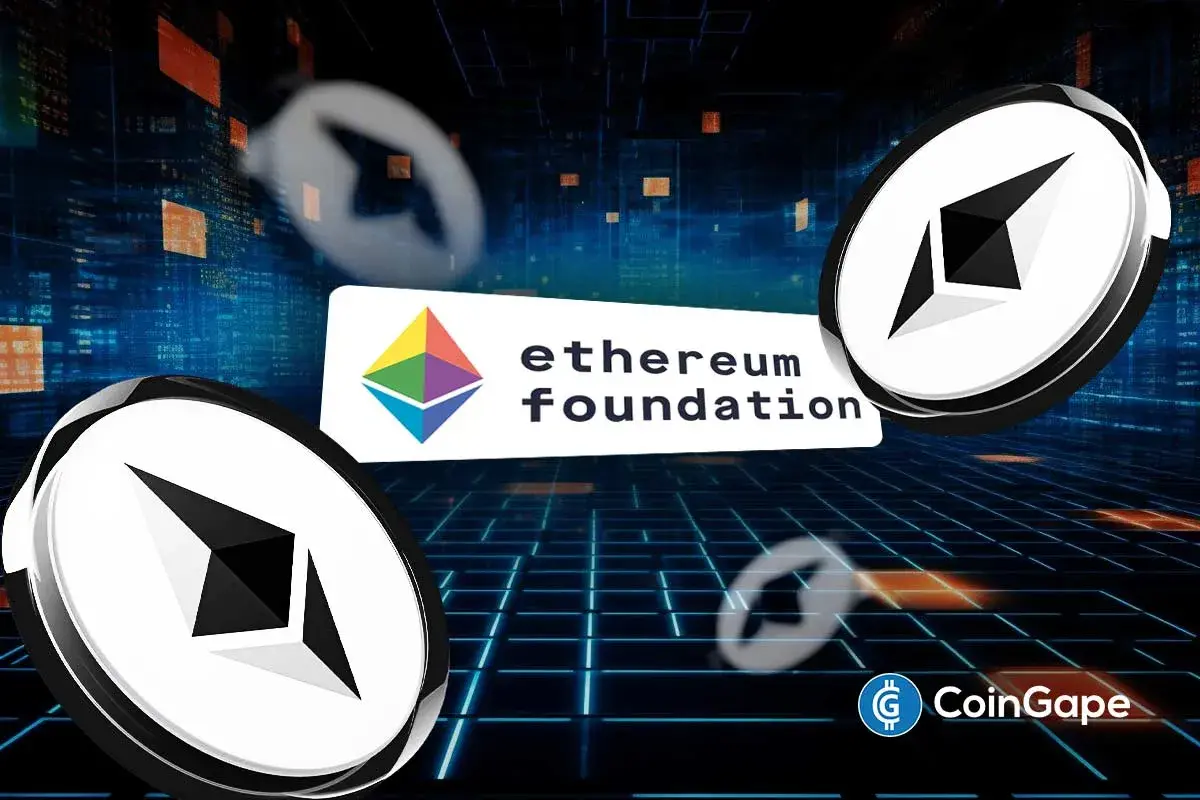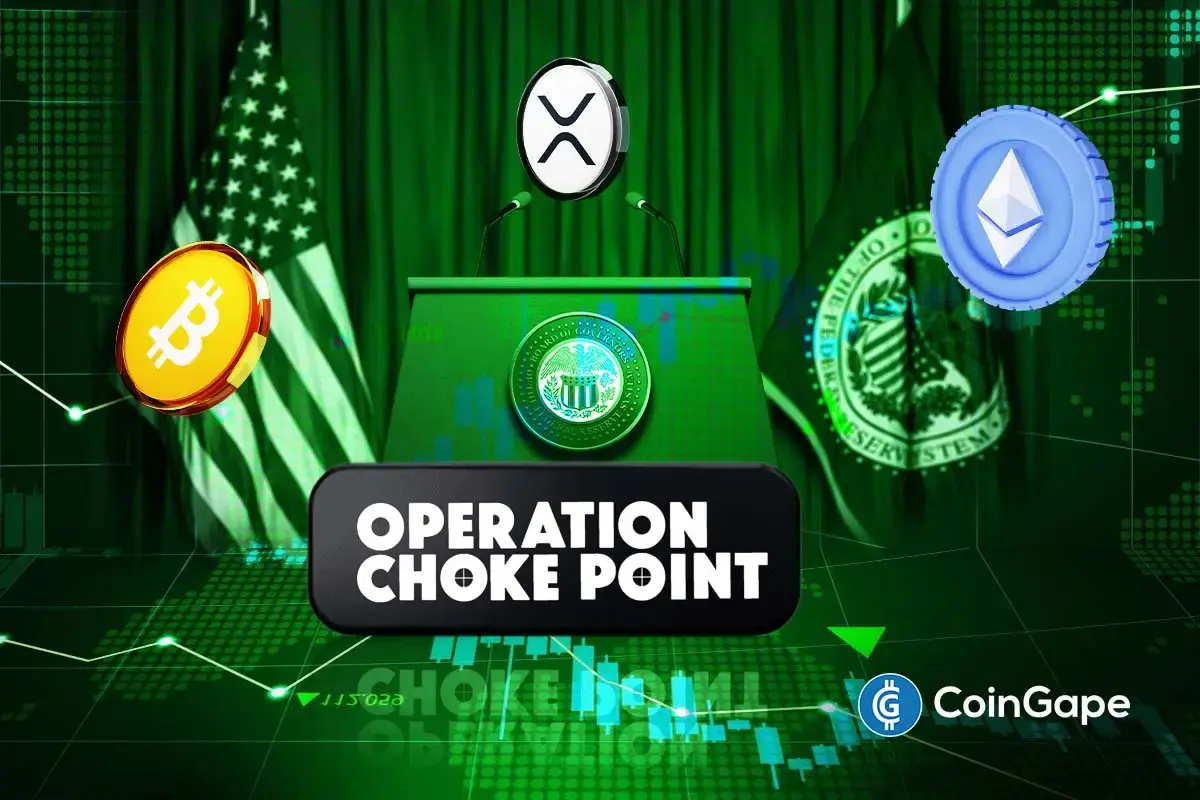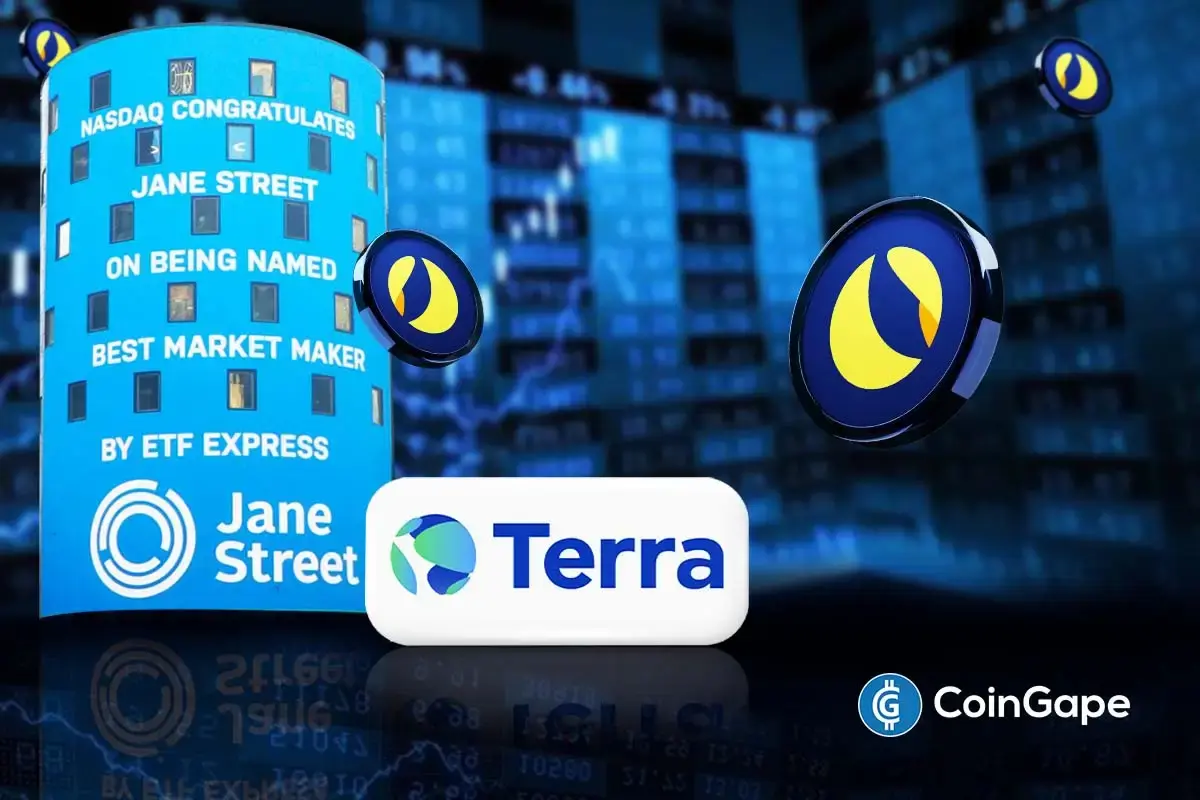South Korea’s 600 Token Inspection Sparks Altcoin Panic

Highlights
- South Korea will inspect 600 tokens following the implementation of the Virtual Asset User Protection Act next month.
- Rumors of potential delistings lead to significant altcoin price drops due to panic selling.
- Financial authorities clarify their limited role in the review process, stressing the importance of informed investing.
South Korean news outlet has made known that exchanges will inspect 600 tokens listed after the implementation of the virtual asset law which comes up next month. This has resulted to a panic and a significant decline in altcoin prices. The South Korean government clarified that it is not directly involved in the review process, aiming to reassure the public.
Ahead of the implementation of the Virtual Asset User Protection Act (Virtual Asset Act) next month, the prices of dozens of virtual assets plummeted due to unfounded rumors of ‘delisting’ related to altcoins. The law aims to provide a structured framework for virtual asset transactions and protect users, but has inadvertently sparked fears among investors.
Upcoming Virtual Asset Law, Quarterly Reviews and Investor Panic
Investors panicked and sold off virtual assets in droves after financial authorities announced plans to review 600 domestic cryptocurrencies quarterly starting next month. According to industry sources on June 18, rumors circulated rapidly across social media and coin communities about potential delistings, causing significant price drops for many altcoins.
On the Upbit exchange alone, around half the coins traded against the Korean won saw declines between 10-20%. The upcoming inspection will assess whether coins meet “transaction support best practices” listing standards, with problematic cryptocurrencies facing potential delisting thereby stoking fears among investors.
The review criteria cover both formal and qualitative requirements. Formal aspects include the issuer’s credibility, user protection, tech security, and regulatory compliance. Qualitative factors look at total supply, distribution plans, and any business plan changes. However, financial authorities stressed they are not directly involved in conducting the reviews themselves.
Also Read: Binance’s Key Announcement For WIF, BONK, FLOKI, NOT, ZK And 6 Other Crypto
Clarifications from Financial Authorities and Market Reactions
The Financial Supervisory Service clarified that the information in question was supplementary material submitted to the National Assembly when the Virtual Asset Act was passed. The National Assembly had asked the Financial Supervisory Service to help establish unified listing standards for cryptocurrency exchanges.
Financial authorities oversee virtual asset operators but don’t directly review individual tokens. They assisted in creating best practices, but emphasized that any announcements will come from the exchanges and the Digital Asset eXchange Alliance (DAXA).
The exchanges explained that the recent massive price drop was due to investors overreacting ahead of the law’s enforcement. They said mass delistings are unlikely, noting that unfounded lists of potential delistings often circulate in related communities, especially for “Kimchi Coins” with high domestic trading volumes.
The Financial Supervisory Service urged investors to be aware of the risks, as many altcoin investors lack proper information about their investments. An official stressed the importance of responsible investing, warning that investors should consider risk factors and the sustainability of their investments.
Also Read: Ripple CEO Hints At Massive Pro-Crypto Funding In US Presidential Election
- Crypto Exchange HashKey Launches RWA Issuance for Institutions Amid Tokenization Boom
- Just-In: Ethereum Foundation Begins Staking 70,000 ETH, Futures Open Interest Bounces
- 8 Best White Label RWA Tokenization Platform Development Companies
- Hong Kong Stablecoin Firm RedotPay Targets $1B Raise in Potential US. IPO Debut
- Crypto Market Crash: Glassnode & 10x Research Warn Deeper Bitcoin Price Fall Ahead
- XRP Price Outlook as Clarity Act Passage Odds Plunge to 53%
- COIN Stock Risks Crashing to $100 as Odds of US Striking Iran Jump
- MSTR Stock Price Predictions As Michael Saylor’s Strategy Makes 100th BTC Purchase
- Top 3 Meme Coins Price Prediction As BTC Crashes Below $67k
- Top 4 Reasons Why Bitcoin Price Will Crash to $60k This Week
- COIN Stock Price Prediction: Will Coinbase Crash or Rally in Feb 2026?
















